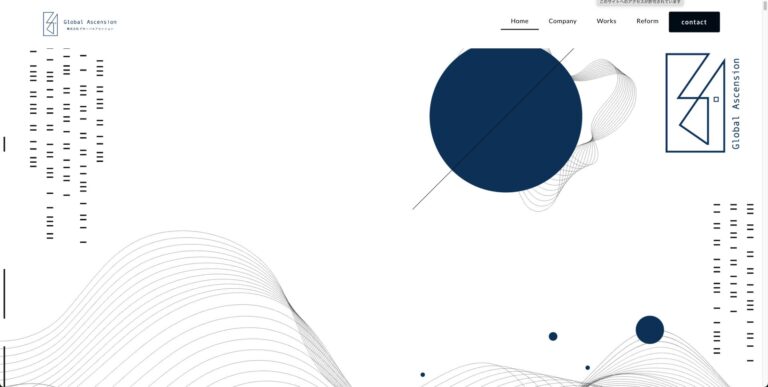Guarantee credibility and how to judge it
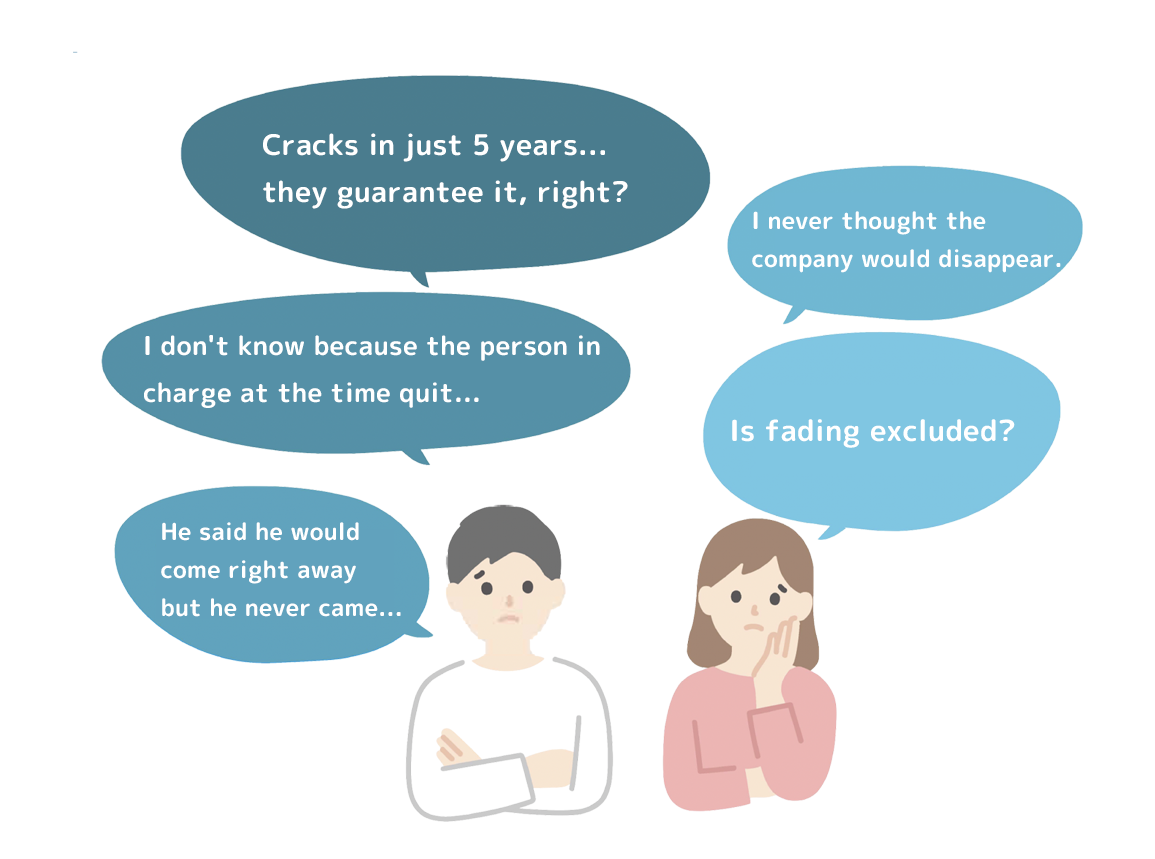
Service life and warranty period are often confused.
``Service life'' refers to the period of time it takes to repaint after it has been repainted, and there is a difference of many years between fading and peeling.
The question then becomes, ``At what point do you decide that repainting is necessary?'' In other words, the question is, to what point should a product be used for what is called its "useful life"?
Most paint manufacturers seem to use chalking as the key to repainting.
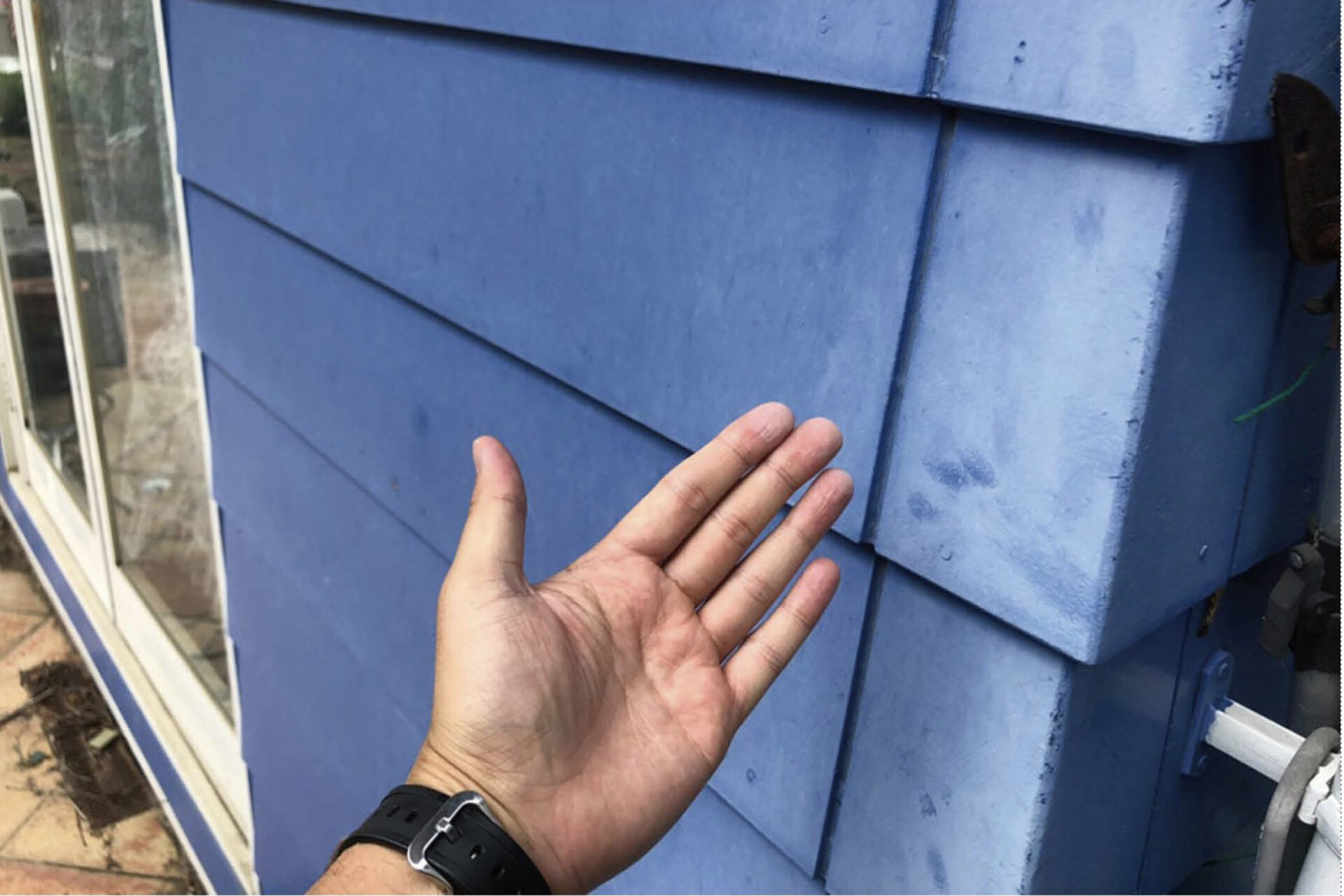
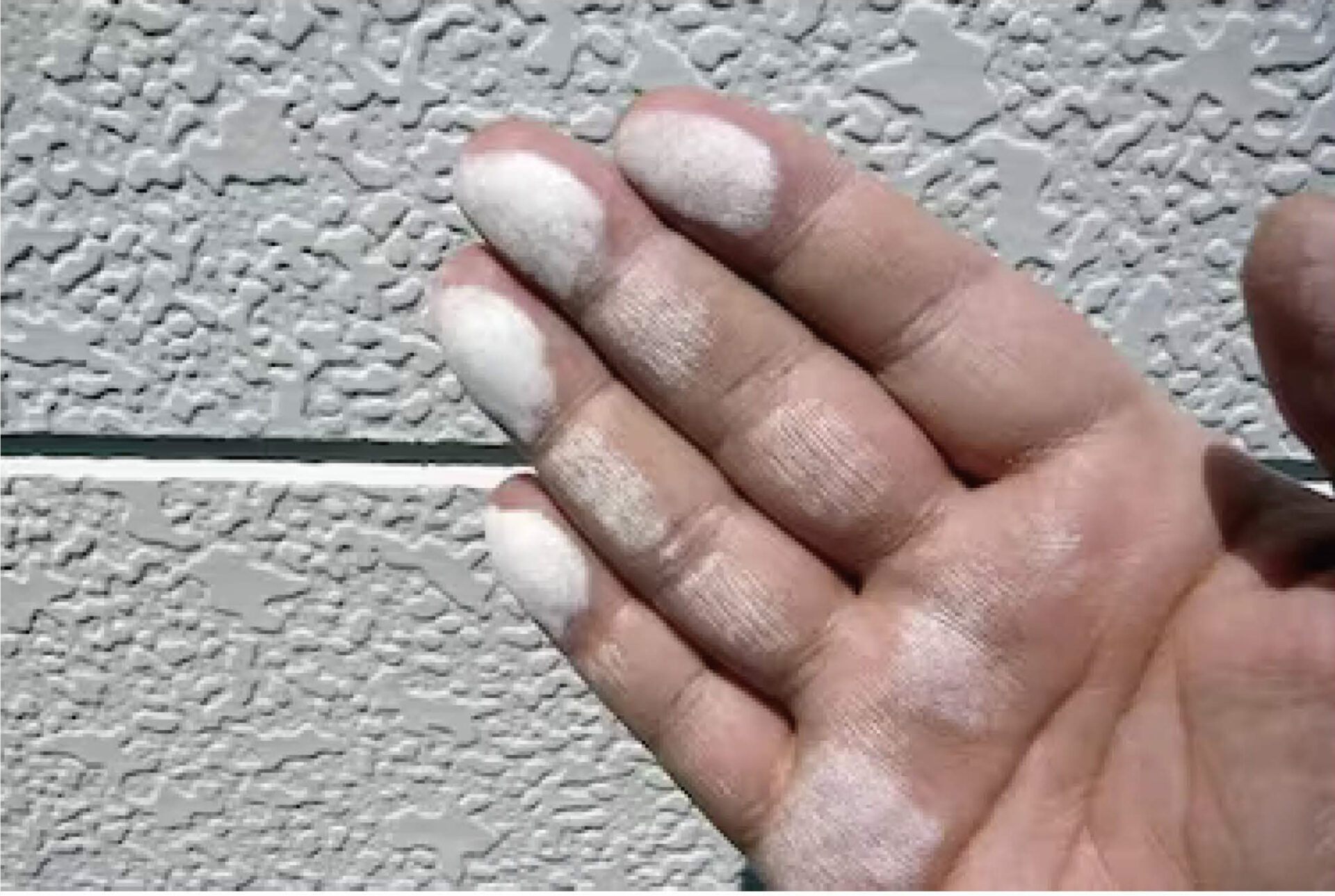
Our concept of service life and warranty
The manufacturer's service life is limited to chalking, but if the original color comes out when you wipe the chalked area with a damp cloth, the paint film in that area is not dead yet. (This is an even thinner surface layer deterioration of a thin paint film.) We call this time the aesthetic preservation limit.
Since it is unlikely that the paint film will start to lift or peel within 3 to 5 years, we believe that high-performance silicone-class paint should have a useful life of around 13 years, and use this as a guideline for the next coating.
For these reasons, the warranty period is set at 10 years, based on the manufacturer's service life.
*We do not guarantee fading or chalking.
*If blistering or peeling occurs, partial repairs will be performed free of charge.
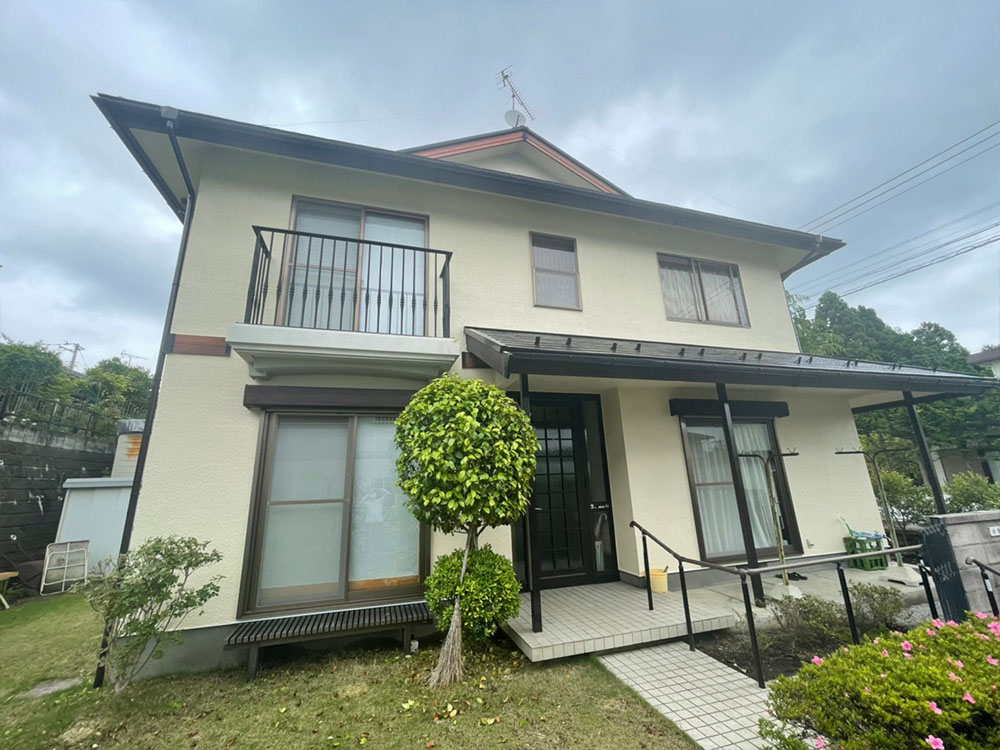
Don't judge a contractor based on the warranty period!
Unlike other general products, painting work only has value once the paint is applied to walls and roofs. Therefore, when an abnormality occurs in the paint film, it is difficult to determine the cause: whether the paint itself was bad, the construction method was bad, or there was a change in the base itself. This is a guarantee based on such a premise.
Even if the paint film peels off after six months of construction, a malicious contractor may say something like, ``Our construction is not the cause, so please talk to the paint manufacturer.''
If the manufacturer says, ``There is no problem with our paint, so please talk to the installer,'' the warranty becomes completely meaningless.
Furthermore, if you are told that ``this is a problem with the distortion of the base and is not covered by the warranty,'' then that is it. If a builder claims a ``15-year warranty,'' but the paint peels off after the 10th year, the builder would normally have to guarantee it free of charge, but of course the builder who was in charge of the work would have to issue a warranty. It is natural that the contractor will be responsible for all the work that has been done, but you should not rely too much on the warranty period, as there are many possible excuses when it comes to painting work.
What is important is whether the other ``reliable elements'' are present.
I was told that it was not covered by the warranty...


Make sure you have all the reliable elements before making a request!





